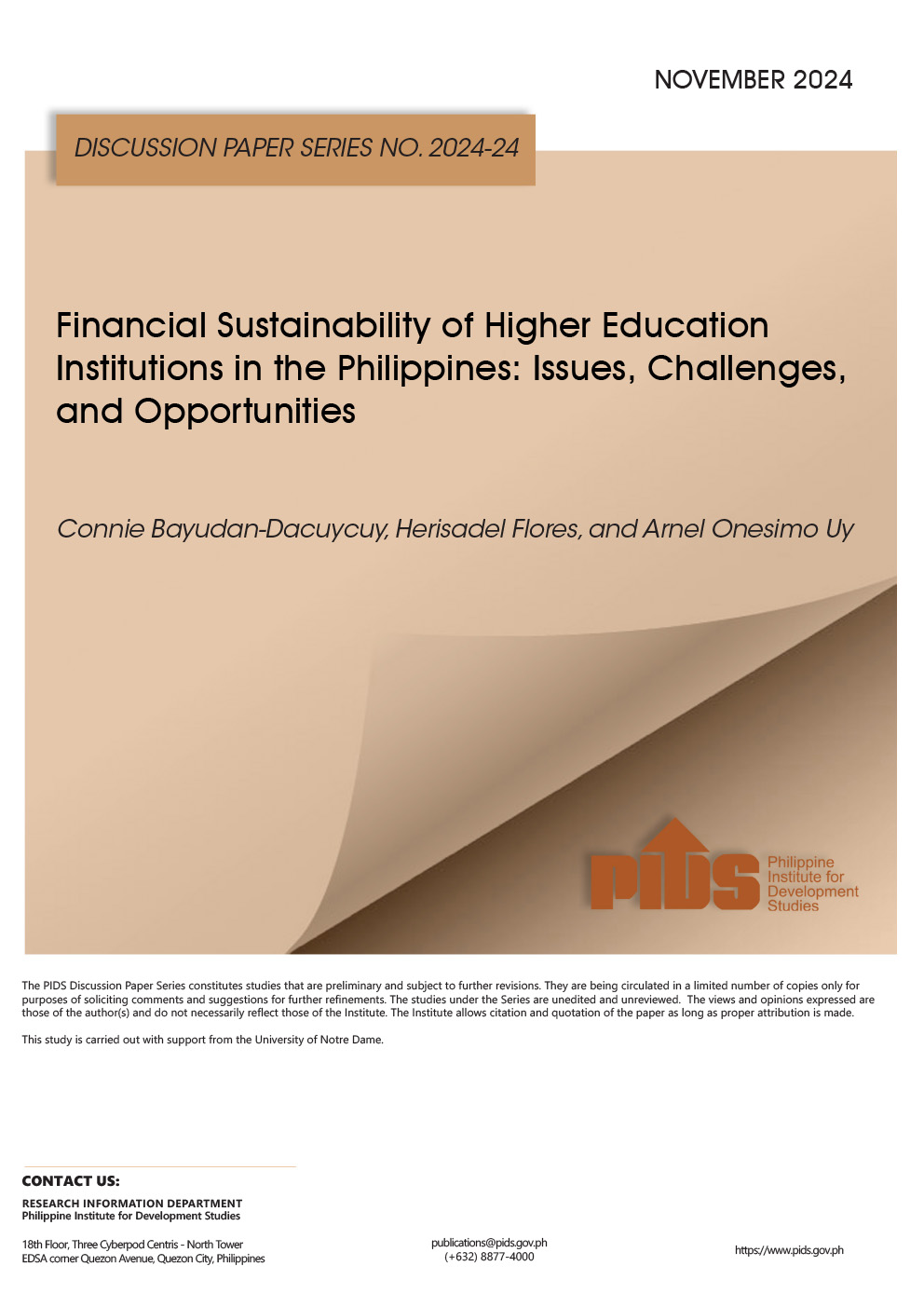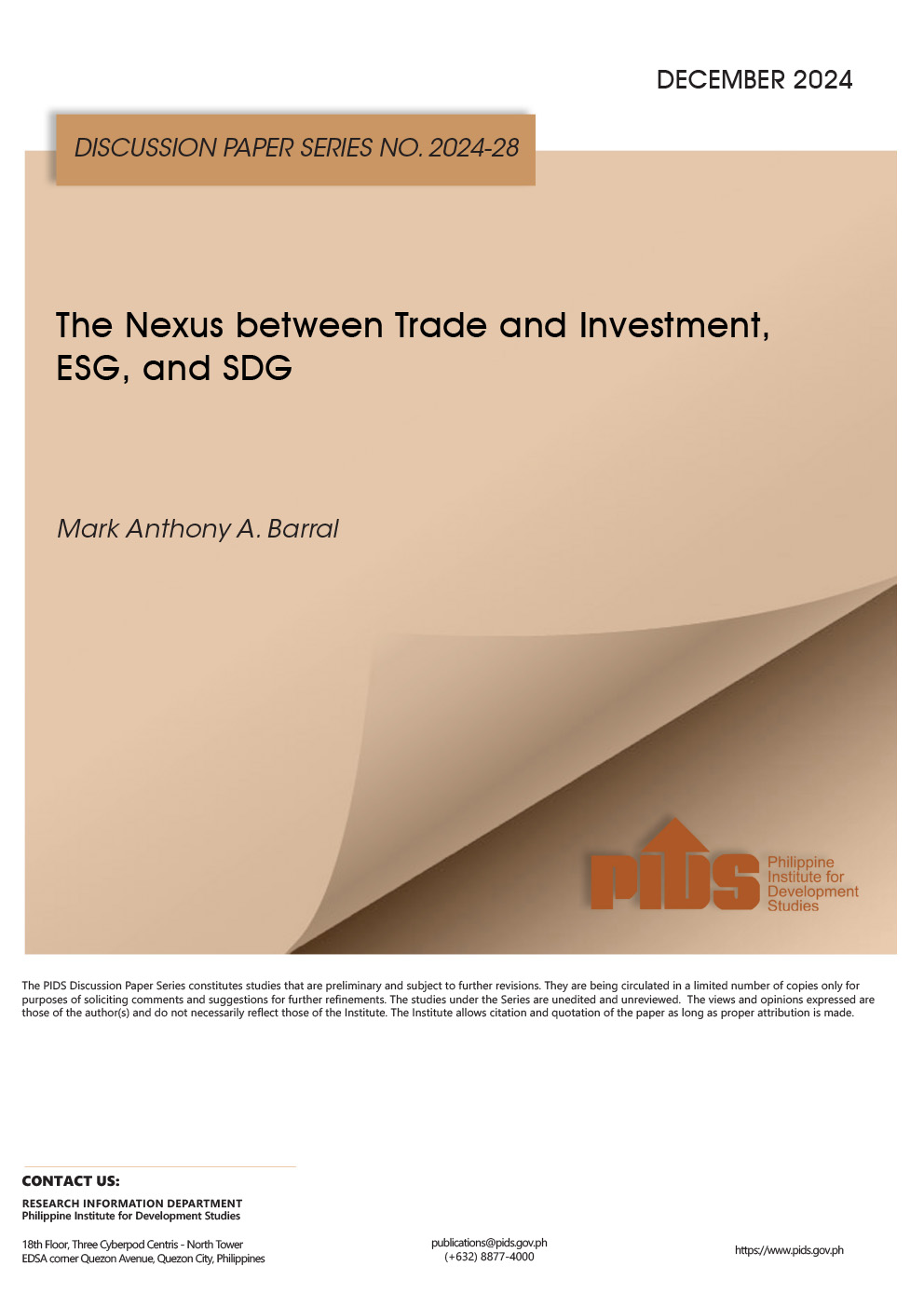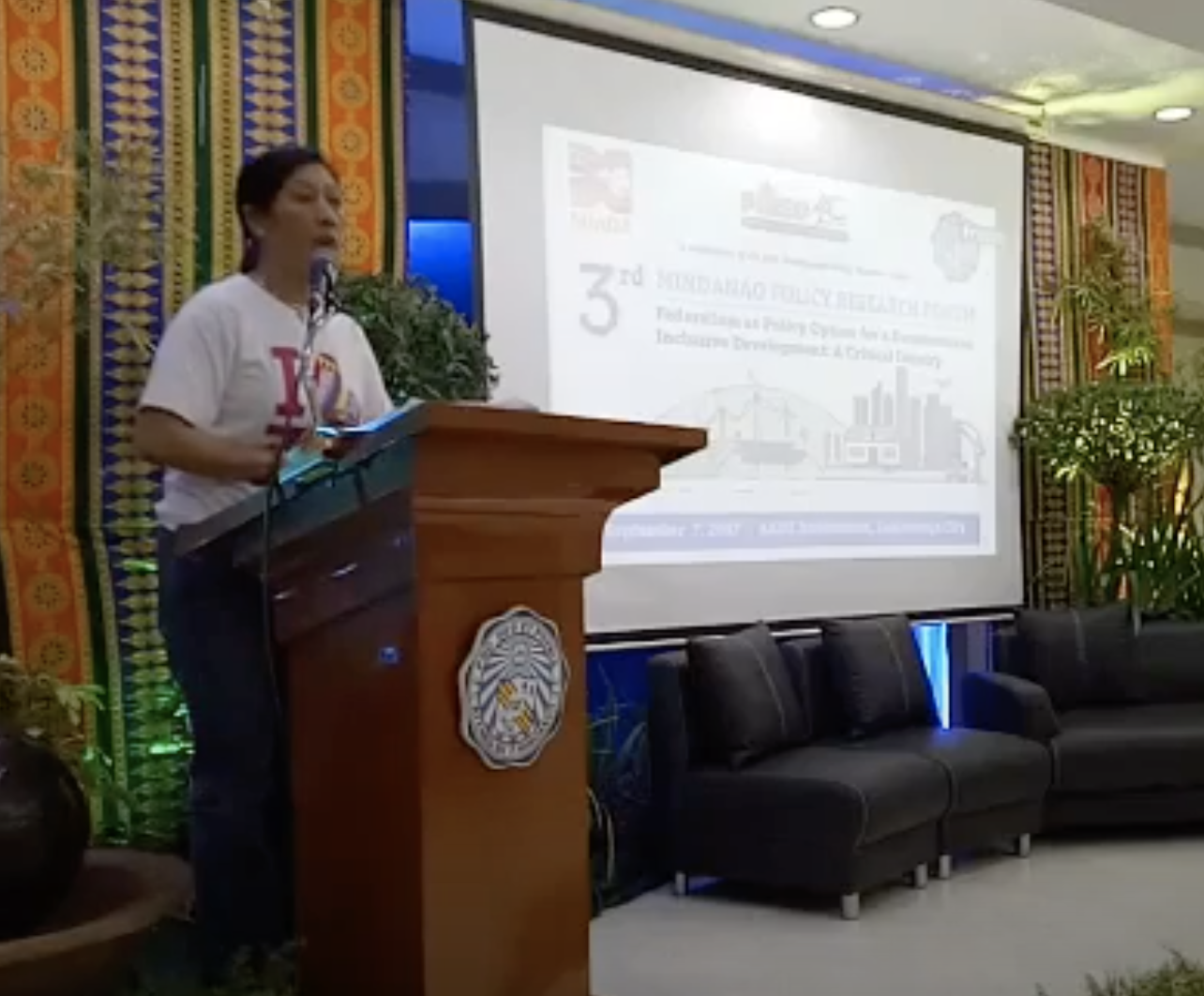THE Philippines and other Asean members should continue and expand cooperation on off-grid and decentralized renewable energy systems in a bid to accelerate the elimination of energy poverty. This suggestion was made by a study published by the Philippine Institute for Development Studies (Pids) authored by Adoracion M. Navarro, Pids senior research fellow; Maxensius Tri Sambodo, researcher of Indonesian Institute of Sciences Economic Research Center; and Jessie L. Todoc, Philippines program manager of SEA Energy Access and Alternative Energy, International Copper Association Southeast Asia. "Off-grid systems that are fuelled by renewable energy sources, whether decentralized stand-alone systems or micro and mini-grids, are the most economical solutions to providing electricity access in still many cases (because of the non-viability of grid or line extension)," it said. The study considered off-grid electrification a technical. --- solution that can justify soft financing, as "this solution is usually for very remote rural areas." With this, it urged various Asean energy sector bodies and the relevant subsector networks to prioritize the adoption of regional and national standards on off-grid and decentralized systems, including micro and mini grids, based on existing international standards, in their joint discussion. For mini-grid electrification, higher energy expenditure households can be given electricity connection mainly through government budgets and private sector financing, and secondarily through multilateral and bilateral guarantees. Citing an International Energy Agency's (IEA) World Energy Outlook, it estimated additional investments between 2010 and 2030 in developing Asia totalling $2.41 billion. PR)












